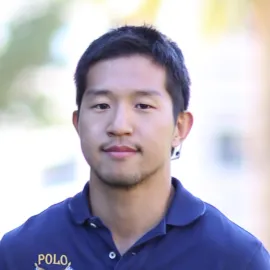Jae Hyuck Park

Jae Hyuck Park
Work in Progress
Online grocery delivery is gaining popularity among grocers as a way to improve accessibility and expand their customer pools. In this paper, we consider a traditional grocery retailer who is interested in opening an online delivery channel through a partnership with a delivery company. We develop a customer repeat purchase model and study both centralized and decentralized settings. We identify the market conditions under which a channel coordination through revenue-sharing is viable and compare the food wastage and customer welfare to illustrate the impact of omnichannel grocery retailing.
We consider a retailer that sells a perishable product whose quality deteriorates over time. The retailer jointly decides whether to issue the oldest or newest stock first to consumers and when to remove unsold items from shelf to maximize the sum of long-run average customer welfare and salvage value. As the deterioration rate and the salvage value increase, it is optimal to issue the newest products first and retract the product earlier. We show that the retailer can simultaneously improve profitability and customer welfare while reducing food waste by converting unsold inventory into by-product.